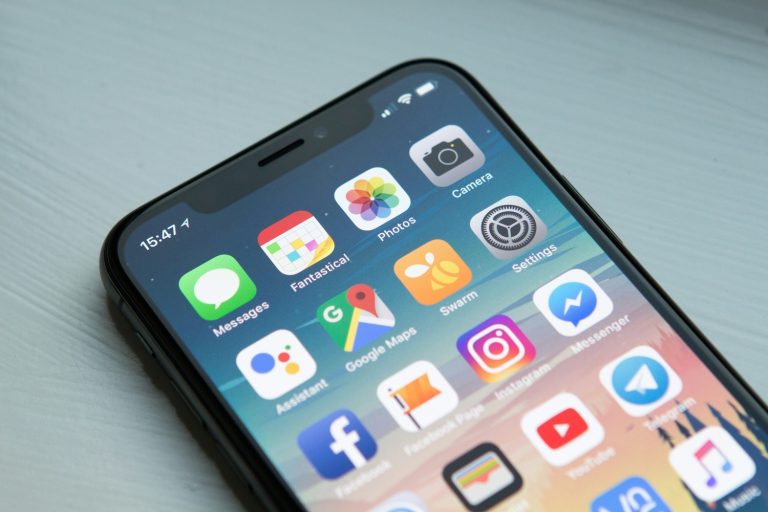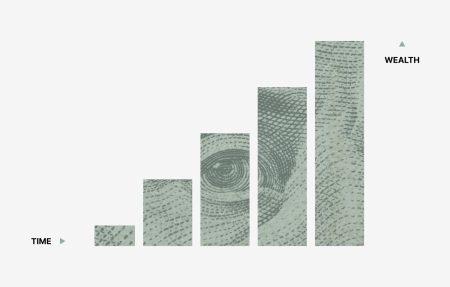On the surface, money saving apps sound like every frugal person’s dream. They promise automation, smarter budgeting, and an effortless way to watch your savings grow with minimal effort. But under that sleek user interface and positive reinforcement lies something more unsettling—a carefully engineered form of psychological control.
Many of today’s money-saving apps use behavioral psychology to nudge, guilt-trip, or even manipulate you into saving. That may sound helpful until you realize that some tactics cross the line, replacing good habits with mental strain, guilt spirals, or even risky financial decisions.
These aren’t just apps—they’re behavioral systems, and sometimes, you’re the one being optimized. Let’s explore how the seemingly innocent act of “saving money” can turn into a silent psychological war waged every time you check your phone.
1. They Weaponize Gamification to Hook Your Brain
Gamification is the process of applying game-like features to non-game activities. In savings apps, this often shows up as badges, streaks, levels, or congratulatory animations. At first, it’s harmless. Who doesn’t like a gold star for meeting a goal?
But behind these digital celebrations is a powerful feedback loop designed to trigger dopamine responses. Every time you “win” by transferring $10 to savings, the app rewards you like a slot machine that pays off.
This can be helpful, but it also means your financial habits are being shaped by emotional highs, not rational planning. When you start saving money to unlock a badge rather than achieve a life goal, you’ve crossed into psychological manipulation.
2. They Use Shame-Based Notifications Disguised as Help
Have you ever received a notification like, “Your friend saved $100 more than you this month. Don’t fall behind!” or “Skipping your savings goal this week? Try harder!”?
Many apps use guilt and shame as motivational tools, often without your conscious awareness. These subtle messages are framed as encouragement, but the emotional undertone is clear: you’re failing.
This tactic draws from behavioral psychology’s “loss aversion” principle—people are more motivated to avoid loss than achieve gain. While it can push you to act over time, it can also lead to stress, anxiety, and low self-esteem, especially if your finances are already tight.
3. They Automate Without Consent or Clarity
Some savings apps promote “auto-save” features that round up transactions or withdraw small amounts daily to a linked savings account. Sounds great in theory. In practice? It can feel like your money is being taken without your knowledge.
For users living paycheck to paycheck, these micro-withdrawals can result in overdraft fees, bounced payments, or the illusion of extra funds when you’ve actually been drained quietly.
The psychological danger here is the illusion of control. You think you’re managing your money, but in reality, the app is making decisions for you. Worse? Many apps bury opt-outs in the settings or disguise auto-save toggles behind friendly language like “set-it-and-forget-it savings.”
4. They Trick You With Unrealistic Goals That You Feel Obligated to Meet
Apps often prompt users to set savings goals like “Save $5,000 in 6 months!” and then push reminders with countdowns, progress bars, and urgency alerts.
What’s wrong with ambition? Nothing…unless your app sets expectations based on idealized data, not your real financial life. Many platforms base these targets on average spending or income statistics that may have nothing to do with your circumstances.
Once the goal is set, though, the pressure kicks in. Missing a target can trigger feelings of failure or inadequacy, even if the goal was never achievable. This subtle form of pressure becomes a self-imposed guilt machine that slowly eats at your confidence.
5. They Exploit Your Fear of Falling Behind
Apps know how to trigger FOMO (fear of missing out). Many now show statistics like, “People in your age group save 2x more per month.” The goal? To make you feel like you’re underperforming, even if you’re doing fine by your own standards.
This keeps you coming back—not out of excitement, but out of insecurity. It also makes you more likely to buy into premium features or “advanced savings plans” marketed as tools to help you keep up.
But the truth is, many of these comparisons are pulled from anonymized data that lacks full context. Are those people saving more because they make more? Have fewer expenses? Live at home? You’ll never know, but the app still wins if you feel like you’re losing.
6. They Convert Financial Control Into Emotional Labor
Many savings apps demand constant attention—notifications, progress checks, goal tracking, and input logging. What starts as financial management quickly morphs into emotional labor.
You might find yourself obsessing over whether to spend $4 on coffee because your app will flag it. Or you feel guilt over missing a savings target for a vacation you weren’t even excited about anymore.
This level of mental engagement isn’t accidental. It’s part of a designed behavior loop that keeps you tethered to the app, not because it’s necessary, but because it profits from your dependence.
7. They Monetize Your Data While Selling You Peace of Mind
Finally, let’s talk about the elephant in the room: your data. Most savings apps collect sensitive financial behavior data—spending patterns, income, saving frequency—and use that data to sell insights to third parties or build predictive algorithms. Some even partner with brands to suggest “budget-friendly” products based on your spending.
The psychological twist? These apps sell themselves as privacy-first sanctuaries meant to help you gain control. But in reality, your personal finance story becomes a commodity, traded quietly while you try to make ends meet.
It’s hard to make clear-headed financial choices when the very tool designed to “help” you has a conflict of interest built into its core.
When a Helper Starts to Hurt
Not all savings apps are evil. In fact, many genuinely help people build better habits, automate their finances, and avoid overspending. But it’s critical to recognize when these tools cross the line from helpful nudging to full-blown behavioral manipulation.
Your money habits should be based on your values, your goals, and your reality, not on cleverly engineered guilt loops or social comparisons that benefit an app more than you. Being financially empowered means understanding the tools you use and choosing ones that respect your autonomy, not prey on your insecurities.
Have you ever felt emotionally manipulated by a money-saving app? Did the features help you or leave you anxious and overwhelmed?
Read More:
Can You Use These Apps to Manage Your Money? Absolutely! Here are the Top 5!
10 Cash-Back Apps Hiding Auto-Apply Codes You’ve Never Tried
Read the full article here









